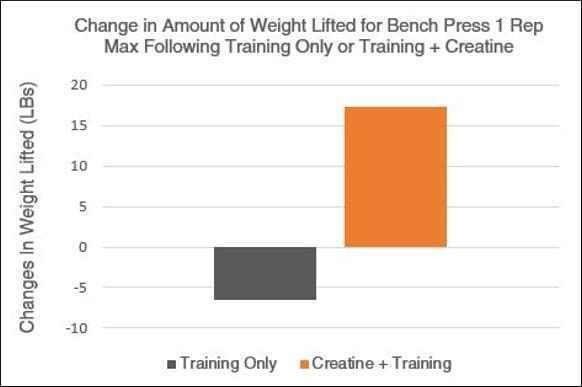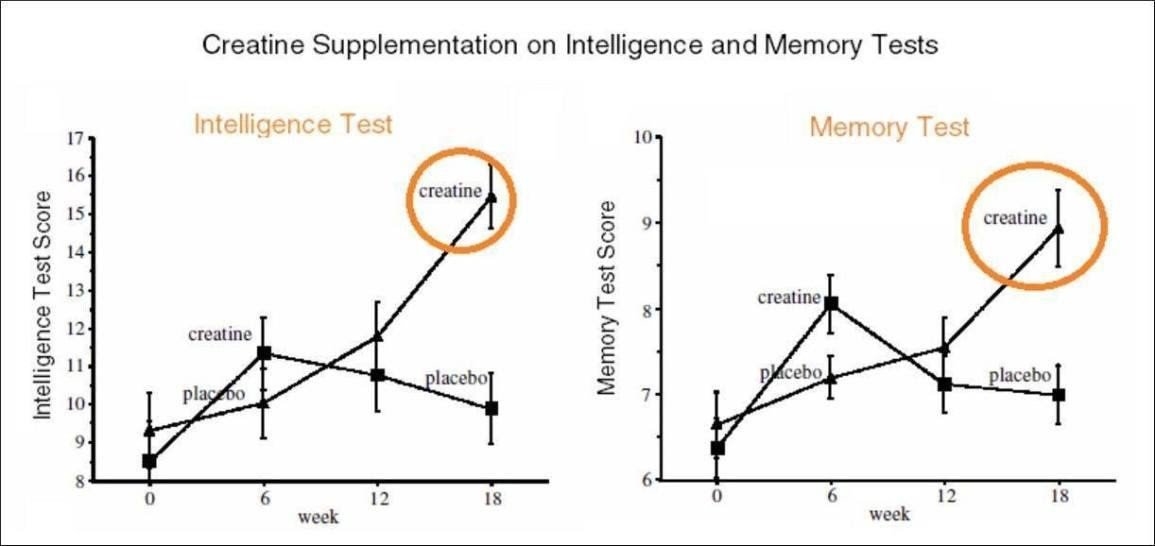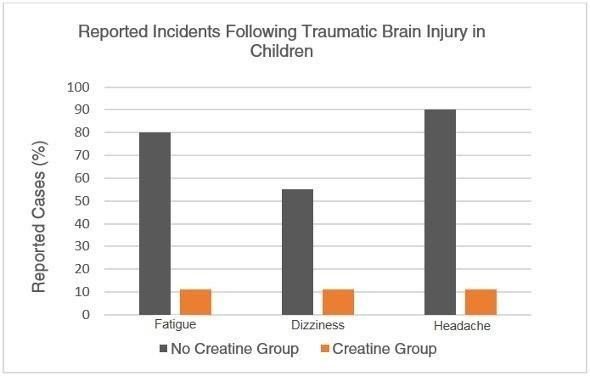
The Power of Creatine 💪 - Proven
Creatine is a type of supplement, commonly used mainly in sports and bodybuilding. Numerous studies have shown that creatine can increase strength, muscle mass, and high-intensity exercise performance. Furthermore, creatine also provides certain benefits for the brain and the whole body, such as preventing neurological diseases, and improving brain function. This supplement is considered safe for most people, and does not cause serious side effects when used.
1. Increase the amount of phosphocreatine

Phosphocreatine is a substance that is stored mainly in the brain, muscles and several other organs of the body. When needed, the body will use creatine to promote the production of more energy adenosine triphosphate (ATP).
2. Can double muscle mass

When creatine is combined with weight training, it not only increases muscle mass, but also significantly improves exercise performance.
3. Increase muscle fiber size

One study found that, in addition to increasing the water content of muscles, creatine can help increase the size of muscle fibers when combined with exercise.
4. Improve weight training performance

Creatine is a substance that plays an extremely important role in the production of ATP. It is also especially important for short, high-intensity bodybuilding exercises such as weight training.
5. Helps increase sprint performance

High-intensity sprints require the use of the ATP energy system to refuel the activity.
6. Reducing cognitive decline in the elderly

Supplementing with creatine can help you maintain strength, muscle mass, and brain function as you age.
7. Improve cognitive function

Supplementing with creatine will help improve brain function in people with low creatine levels in the body. People who follow a plant-based diet often have lower creatine levels than others, because they don't eat meat, which is the main source of creatine for the body.
8. Reduce side effects of traumatic brain injury

Creatine may help enhance recovery from trauma, especially traumatic brain injury.
9. Slows the progression of Parkinson's disease

Parkinson's disease often occurs when levels of dopamine drop, a neurotransmitter in the body that plays many important roles in the brain.
10. Helps reduce blood sugar

Blood sugar after a meal is an indicator of certain health implications. They help identify risk factors for certain medical conditions, such as cardiovascular disease.

